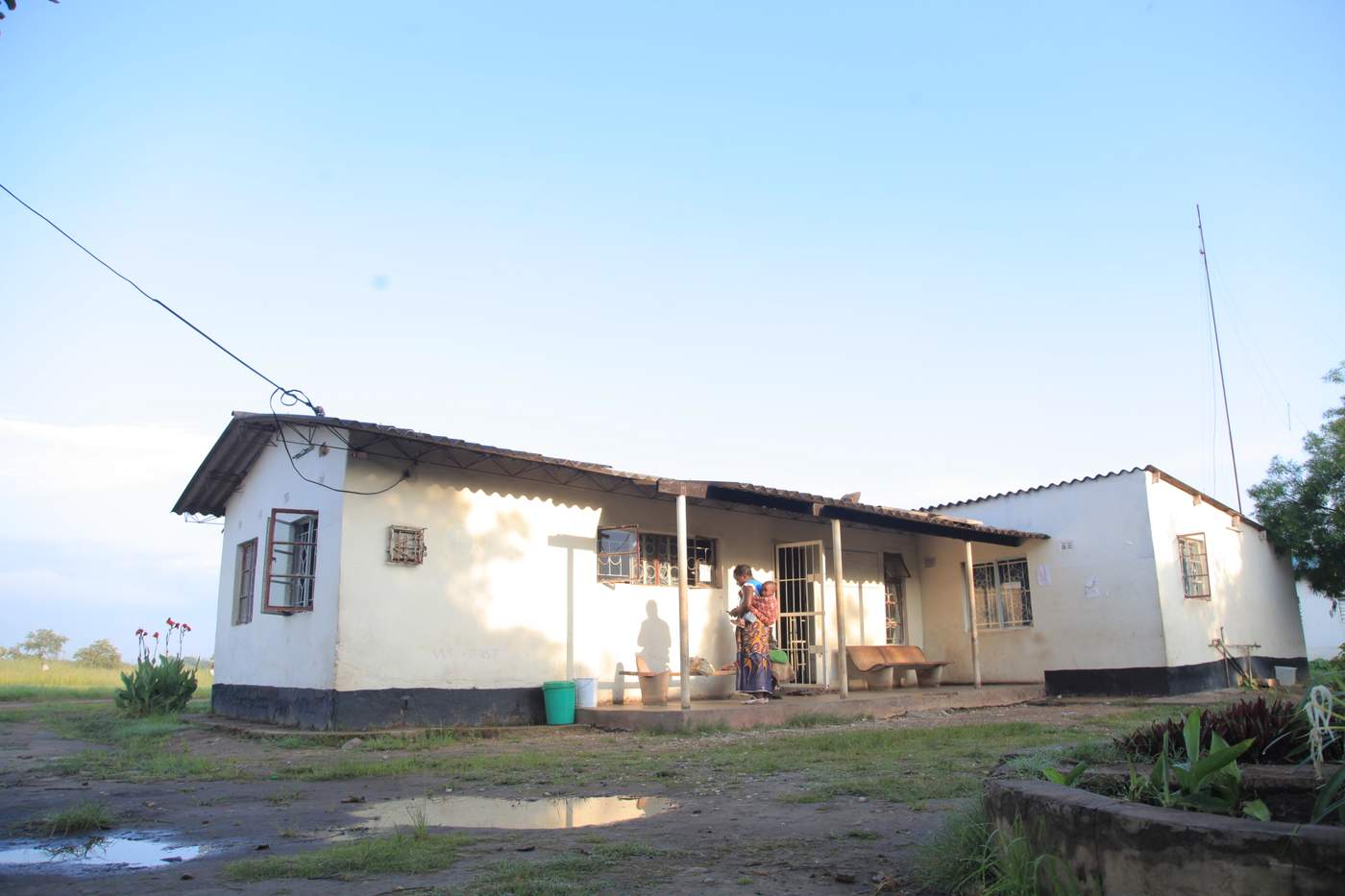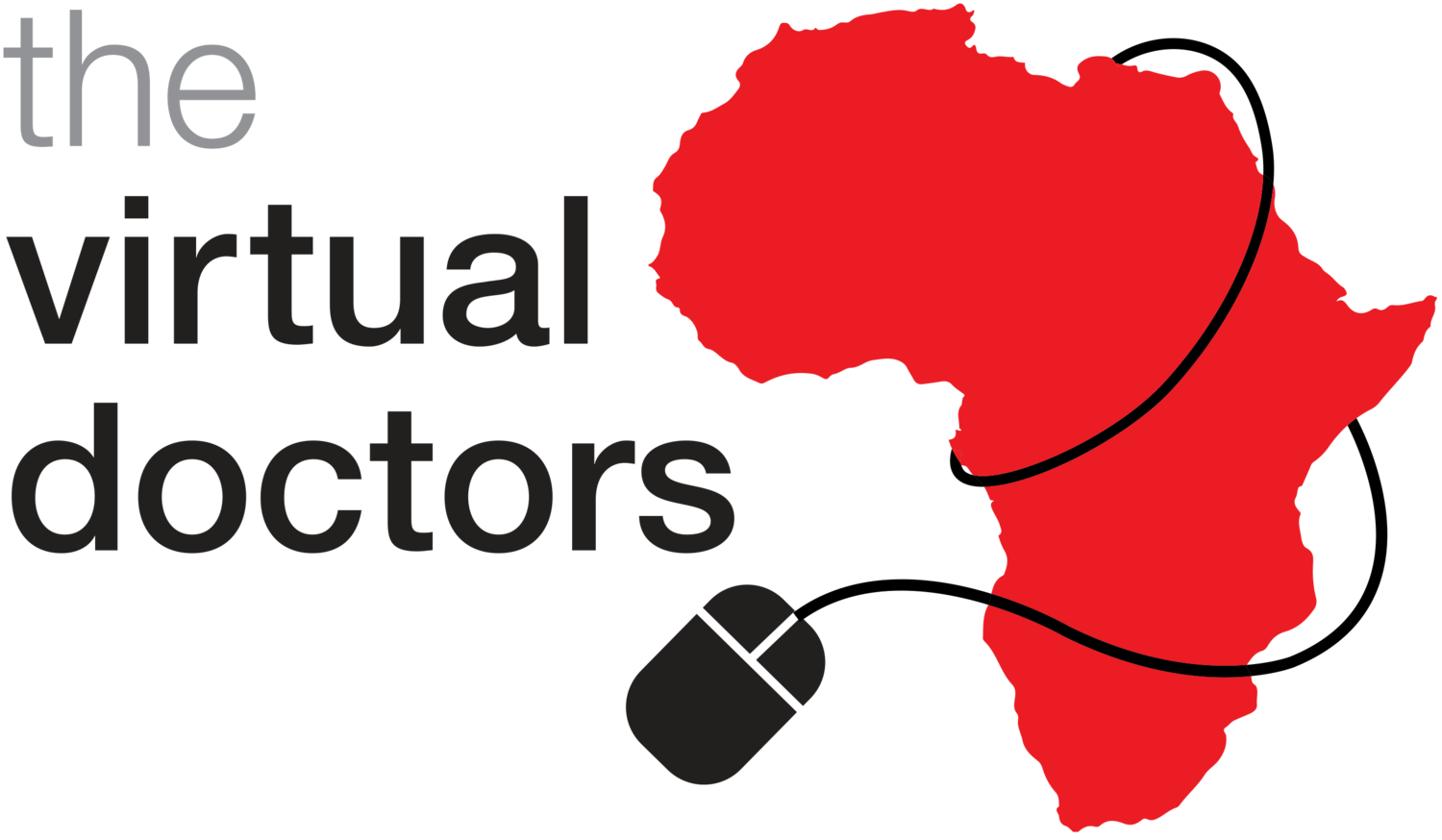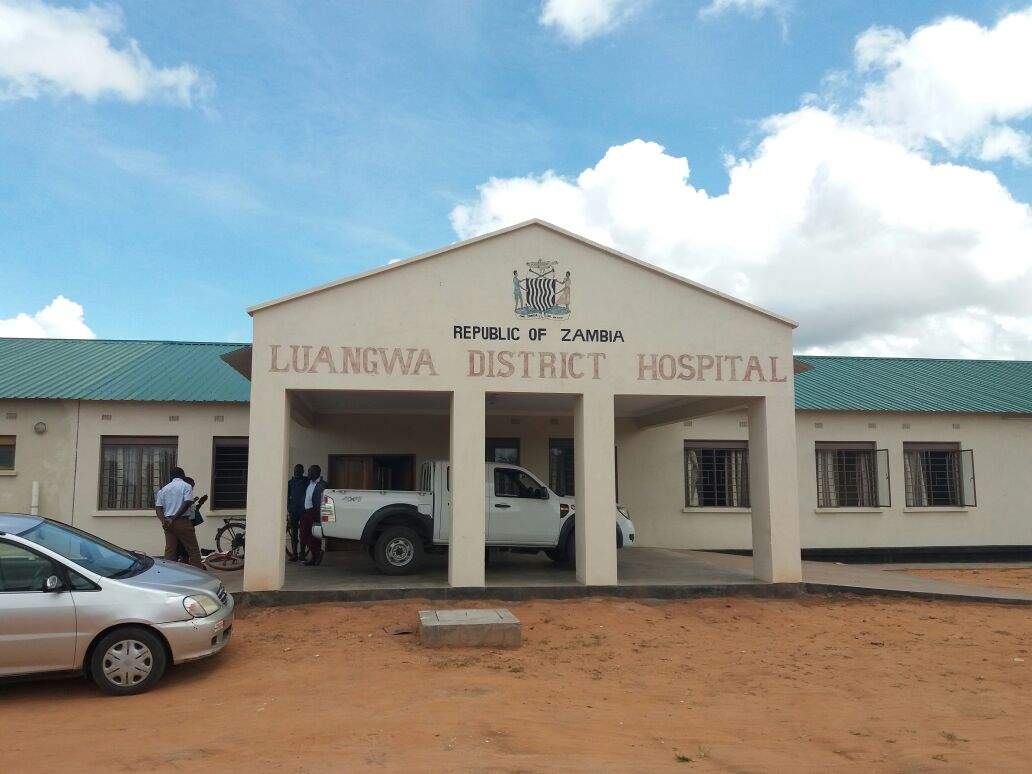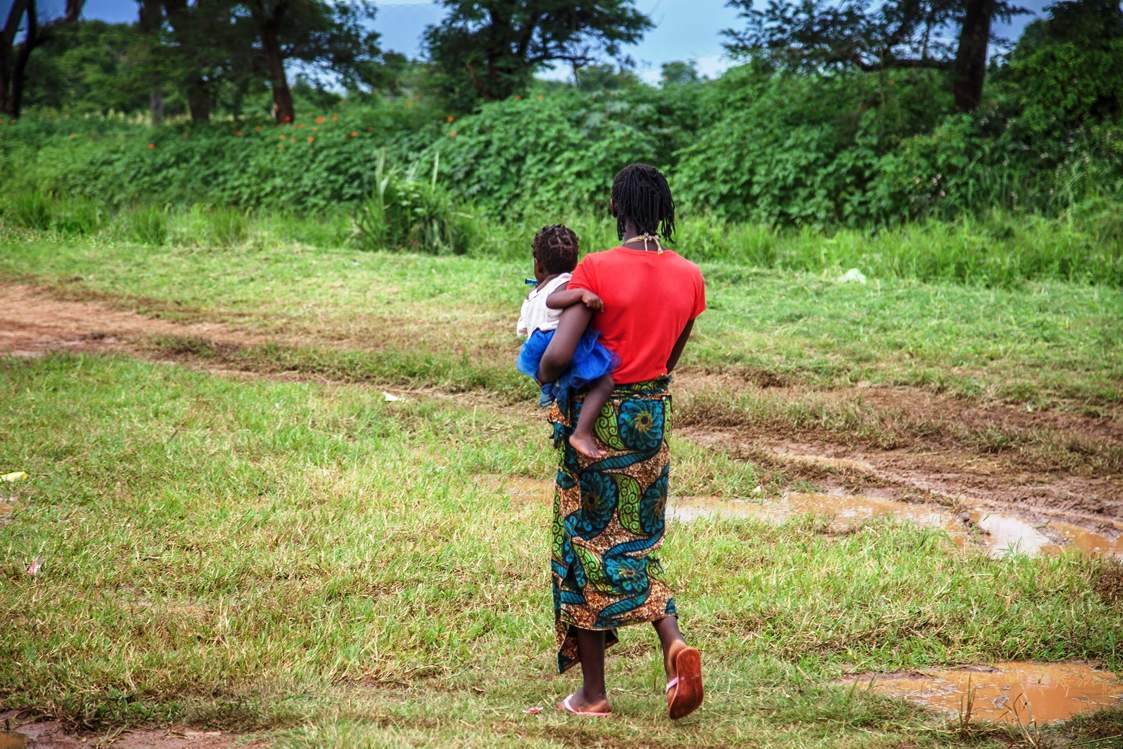‘Volunteering, whether abroad or at home, can be constructive not just to you and your career, but to your patients, the NHS and the communities you volunteer in too.’
The BMA has long recognised the importance of volunteering. Here, three doctors who have volunteered during their studies or careers share their stories.
As students, doctors Sophie Raynor and Sonia Akrimi helped set up SHINE Mentoring – a volunteer-led charity that runs mentoring programmes in five primary schools in the London borough of Southwark. Today they are both SHINE trustees.
Sophie and Sonia’s story
‘At medical school it can be easy to get swept up in the business of lectures, essay deadlines and exams, without appreciating the environment that you are in.
‘We established SHINE because we studied in an inner-city area with high levels of social deprivation. We wanted to develop a sustainable volunteering initiative that would contribute to the local community.’
Community impact
‘The mentor-mentee relationship is built through weekly one-hour mentoring sessions and creates a partnership in which all can learn, develop and succeed.
‘Through their visits, SHINE mentors provide each child with a reliable and consistent role model. This encourages the development of self-esteem and confidence.
‘Having a mentor also encourages children to learn social skills and improve behaviour, and provides additional academic support.
‘Mentors are excellent ambassadors for education and can discuss further and higher education opportunities.
‘Children benefit considerably from the academic and pastoral contributions a mentor makes, showing successful friendships, improved confidence and aspirations and improved school attendance.’
Translation to healthcare
‘Our work with SHINE over the last 12 years has allowed us to better identify barriers to health promotion and provision. Such exposure has improved our ability to treat patients holistically and better define their healthcare needs.
‘SHINE mentors have contributed to health promotion by being positive role models and by helping children develop enjoyment for education and increase their social responsibility.
‘In addition, the SHINE organisational structure allows university students to manage the day-to-day running of the charity – thereby developing their leadership and management skills for future use in the NHS.’
GP Fran Fieldhouse volunteered with The Virtual Doctors, an organisation using bespoke telemedicine software to connect health workers in rural Zambia with doctors in the UK.
Their software is sophisticated yet easy to use. It enables health workers on the ground, equipped with smartphones and Internet access, to send electronic patient files to UK-based volunteer doctors for diagnosis and treatment advice – helping to save lives.
Fran’s story
‘I have always wanted to work in the developing world and trained as a GP specifically to give me the skill set to do this.
‘In 2001 I worked in a rural hospital in Zambia followed by months travelling around southern Africa. I was hooked. But I was uneasy about the lack of impact my voluntary work had, and its sustainability.
‘I’ve since been searching for voluntary work that would educate and support local health workers yet could be done whilst remaining based in the UK. I read an article about the Virtual Doctors in the BMJ and volunteered.’
How does it work?
‘When a health worker uses the Virtual Doctors software, doctor volunteers are sent an email notification.
‘They can then use the software to view the patient’s case file and associated documentation, such as the available drugs list and available tests per clinic.
‘Each case is responded to within 24 hours, with the addition of educational material where possible.’

A clinical officer in Zambia helps a patient using the software
‘The Virtual Doctors aims to reduce morbidity and mortality, reduce unnecessary referrals to hospitals (often long distances away), and to educate and support local health workers.
‘I started answering cases in 2013 and couldn’t get over how simple it was to help a health worker, so far away, manage a patient. I’ve continued answering cases ever since wherever I am: home, on holiday in tents in Wales, or by the pool in Lanzarote. All I need is an Internet connection.’
Growing the charity

Visiting Kariba Community Rural Health Centre, Zambia
‘Being incredibly enthusiastic, I kept bombarding the director with emails and ideas. Eventually he invited me to a meeting and I’m now the medical director.
‘I work most days on it alongside my job as a GP partner. I still answer cases, but also attend meetings, fundraisers, recruit new volunteers, and liaise with the voluntary IT team about the software. We are still a small charity but have rapidly expanded this year from six to 19 clinics.
‘I’m passionate about the Virtual Doctors and its simple but effective concept. I’ve witnessed the impact from my advice when the patient returns to the clinic for follow up and has recovered. I also frequently receive thanks from the health workers for the support and education we give.’
Get involved
‘I’m always looking to recruit new volunteers. All specialties are welcome, especially GPs.
‘In particular, we'd welcome enquiries from Zambian and Malawian doctors working in the UK, and UK medics who have had six or more months' experience on placement in Africa.
‘If you're interested, please contact me at [email protected].’
Six questions to help you prepare for volunteering
1. How will it impact your training?
If you’re still training, find out if you're eligible for an out of programme clinical experience (OOPE). Make sure you speak to your home deanery/LETB to find out what their requirements are. Be mindful that an OOPE will not count towards a CCT or CESR.
2. What are your motivations and expectations?
If you volunteer, what's the benefit to you and to the people you are helping? Knowing what you want to achieve will help you plan for it.
3. What's your specialty?
Experience in general practice, obstetrics and gynaecology, accident and emergency, paediatrics, and public health is especially useful to overseas aid agencies and charitable organisations and could make it easier to find a volunteer position.
4. Are you volunteering abroad?
You will need to make sure you work within the guidance and standards of the GMC. If you're a student, you'll also find useful guidance in our Medical students ethics toolkit.
5. Do you or the charity need funding or support?
The BMA runs a humanitarian fund and a doctors as volunteers competition to help build support for charitable projects.
6. How much time can you take off?
This will help determine what type of voluntary position you go for and whether you stay in the UK or volunteer abroad.
Credits
Audience engagement executive: Ellie Beadel
Digital content producer: Sarah Quinlan
Editor: Lisa Hansson
Multimedia producer: Mary-Laine Friday
Senior digital content producer: Eleanor Dean
Senior multimedia producer: Matt Saywell
Social media manager: Jon Hinchmore
Strategic communications officer: Isabelle White
With thanks to: Dr Anthea Mowat, Dr Sophie Raynor, Dr Sonia Akrimi, SHINE Mentoring, Dr Fran Fieldhouse and The Virtual Doctors.








